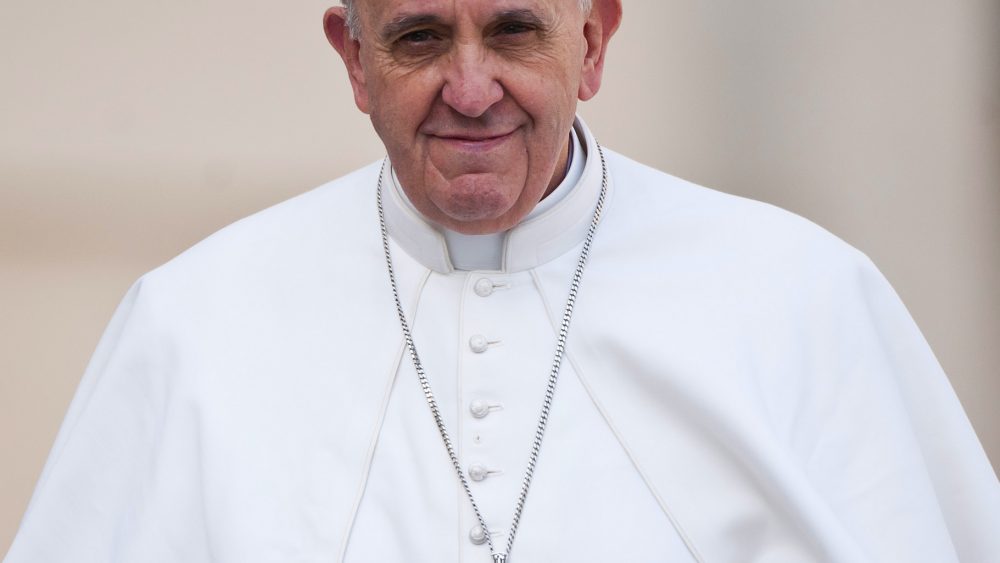Pope Francis this week described the coronavirus pandemic as a lesson in humility and an opportunity for churches to move forward “by walking more closely together”.
The Pope acknowledged that the world is “still struggling to emerge from the dramatic crisis caused by the pandemic”, saying the “scourge” of the pandemic “has tested everyone and everything”.
However, he continued, that there is one risk even greater than coronavirus itself: “The risk that we will squander it, and not learn the lesson it teaches.”
This is a lesson in humility, he suggested: “It is not possible to live healthy lives in an unhealthy world, or to go on as we were, without recognizing what went wrong”.
The Pope then urged Christians to “take up the challenge of the crisis”, in his address to welcome an annual delegation from Constantinople to the Vatican on Monday, June 28.
“We too are called to reflect seriously on whether we want to go back to doing what we did before,” the Pope said to Christians, urging them to ask “ourselves how we wish to move forward”.
“The present crisis calls us to distinguish, discern and sift, in everything we do, between what is enduring and what is passing.”
Describing this crisis as a crossroad, the Pope noted that we can either “withdraw into ourselves, seeking our own security and expediency”, or “we can be open to others, which entails risks but also God’s promised fruits of grace.”
“Without ignoring the differences that need to be resolved through charitable and truthful dialogue, could we not begin a new phase of relations between our churches, marked by walking more closely together, by desiring to take real steps forward, by becoming more willing to be truly responsible for one another?” the Pope asked.
Greater unity in the church, he said in closing his address, will bring hope to the world during this difficult time.
“The witness of growing communion between us Christians will also be a sign of hope for many men and women, who will feel encouraged to promote a more universal fraternity and a reconciliation capable of healing past wrongs.”
Email This Story
Why not send this to a friend?




